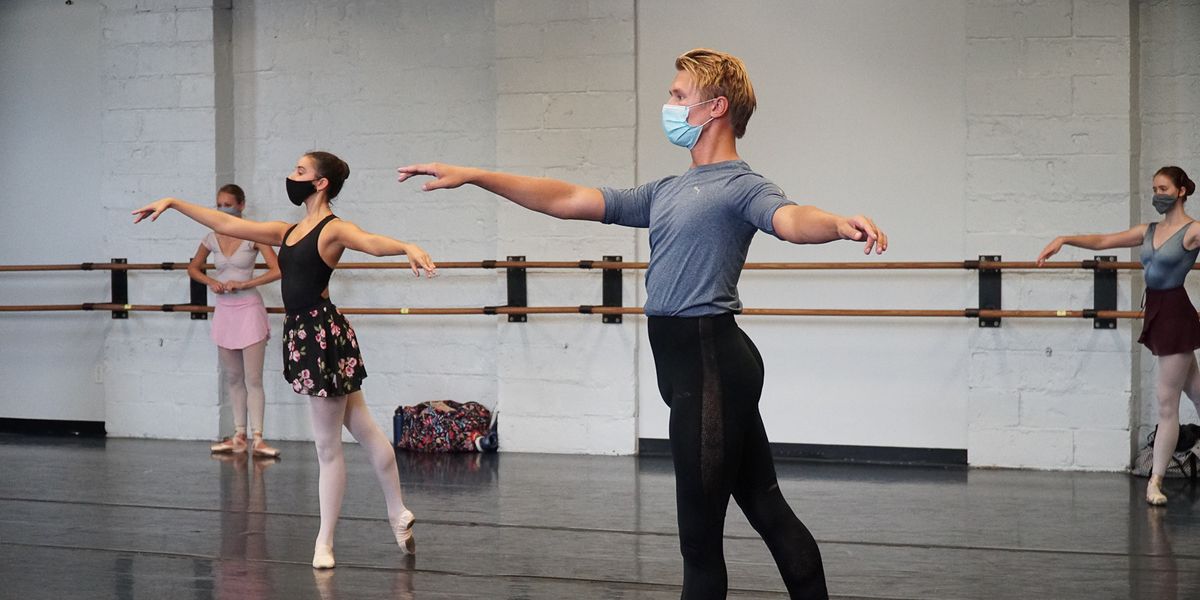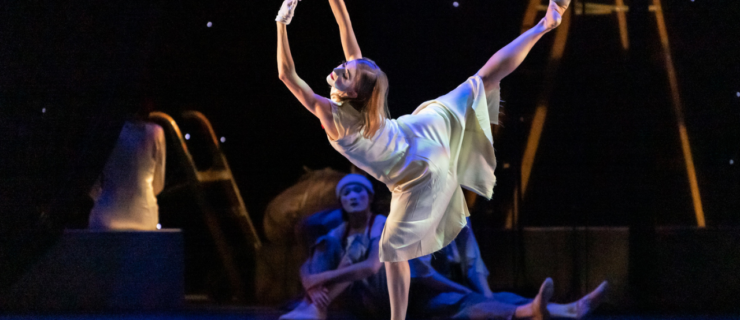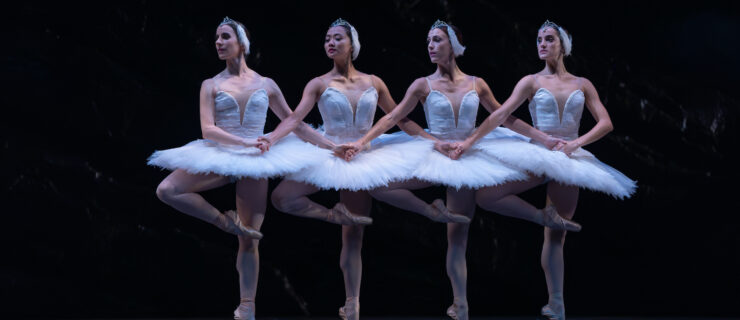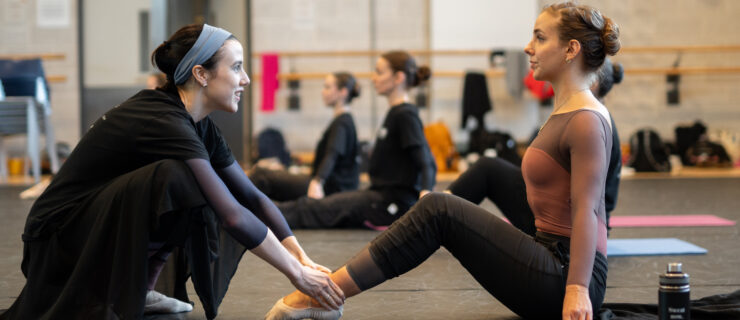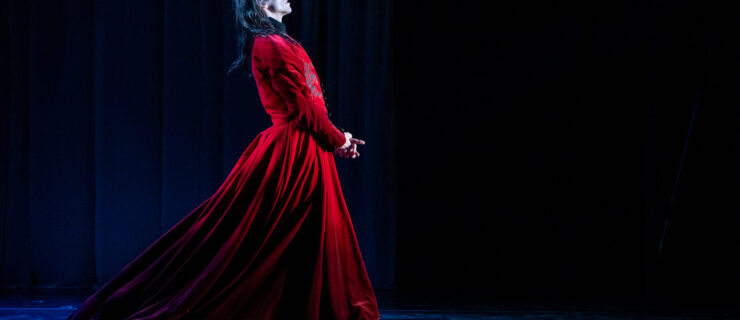Festival Ballet Providence's New Leap Year Program Gives Dancers Facing a Gap Year a Place to Grow
A new training program at Festival Ballet Providence called Leap Year is welcoming pre-professional and professional dancers who don’t have a studio or company to dance for this season.
The endeavor is the brainchild of Kathleen Breen Combes, FBP’s executive and artistic director. “I kept getting these emails of dancers saying they just need a place to train this year,” says Combes. “I thought, What if we could provide a space for dancers to get stronger, experiment and try new things in a nonjudgmental and no-pressure environment?”
While performances in Rhode Island are still on hold because of COVID-19, dancers can safely return to studios with a few health precautions in place. (FBP’s reopening plan has been approved by the state.) The Leap Year program will help dancers hone their technique during what may have otherwise been an off year. “Let’s use this time to work on all the things we always wished we could work on if we had time,” says Combes. Her husband, Yury Yanowsky, who serves as FBP’s artistic curator and principal teacher, and who will be leading the program, cheekily calls this approach “fine-tuning the Formula 1 car.”
To get ready for next season’s auditions, dancers will work closely with Combes and Yanowsky, as well as FBP faculty members Christopher Anderson, Leticia Guerrero and Marissa Parmenter. Leap Year is designed to help dancers safely get back to jumping and pointework, since most have not had consistent, in-studio training over the last several months. The program will also offer master classes, individual coaching, choreographic workshops and career mentorship.

Dylan Giles, Courtesy Festival Ballet Providence
What makes Leap Year different from typical trainee programs is the schedule. “We’ll come in for three hours in the morning, five days per week [plus an hour and a half on Saturday], and work super hard, but then the rest of the day will be free,” says Combes. The goal is to accommodate those who need to work or do other things in the afternoon and evenings.
The program, which is tuition-based and open to dancers ages 18 to 24, will run in three 10-week sessions, beginning in October. Dancers have the flexibility to attend one or multiple sessions depending on their schedules, budgets and goals. Registration is rolling, and interested dancers can apply by sending in a video reel, headshot and resumé.
For Combes, getting dancers back in the studio with a goal is her biggest priority. “We’re such goal-oriented people and we’re so influenced by the people around us,” she says. With Leap Year, she hopes to give dancers back the sense of purpose and community that COVID took away. “Everyone who signs up for this program is looking for the same thing: a space to feel good about yourself and improve.”
